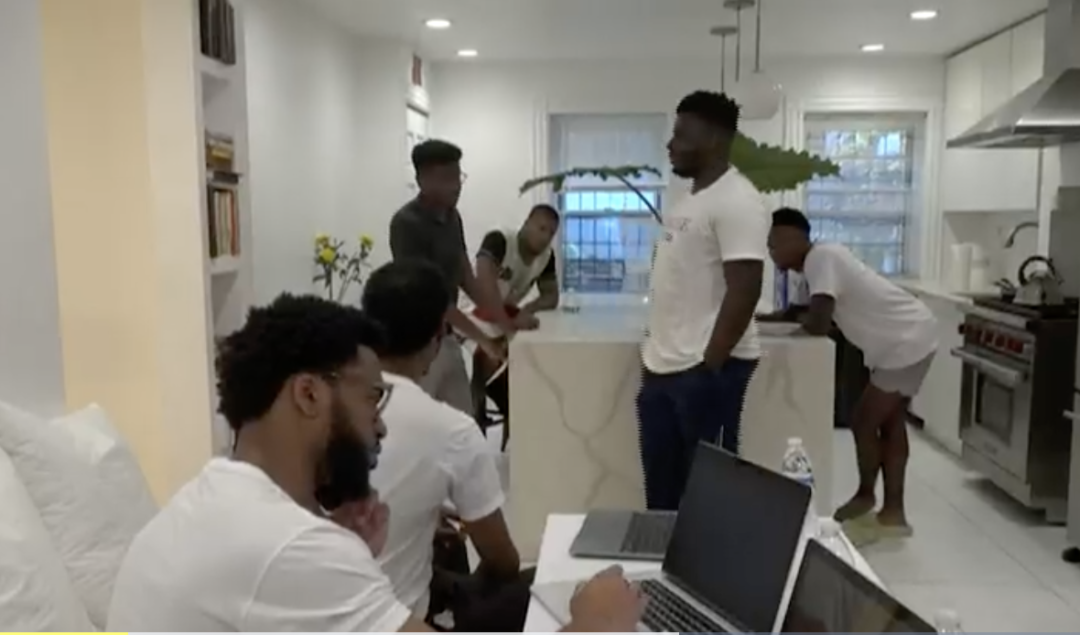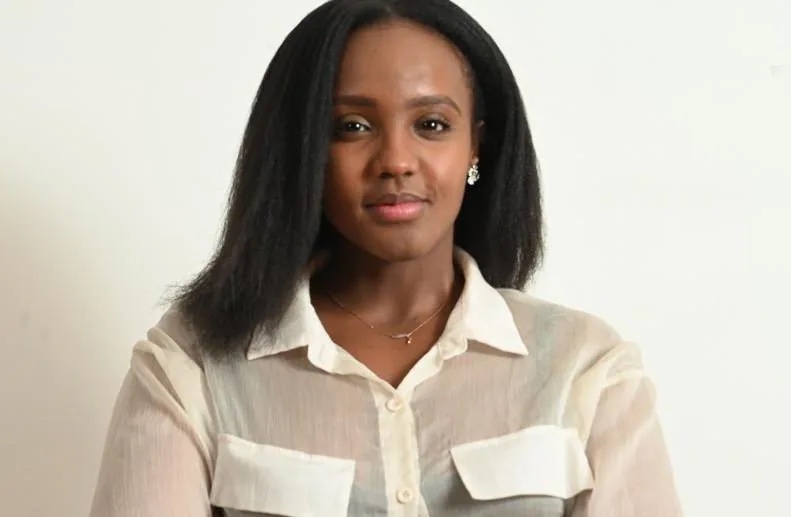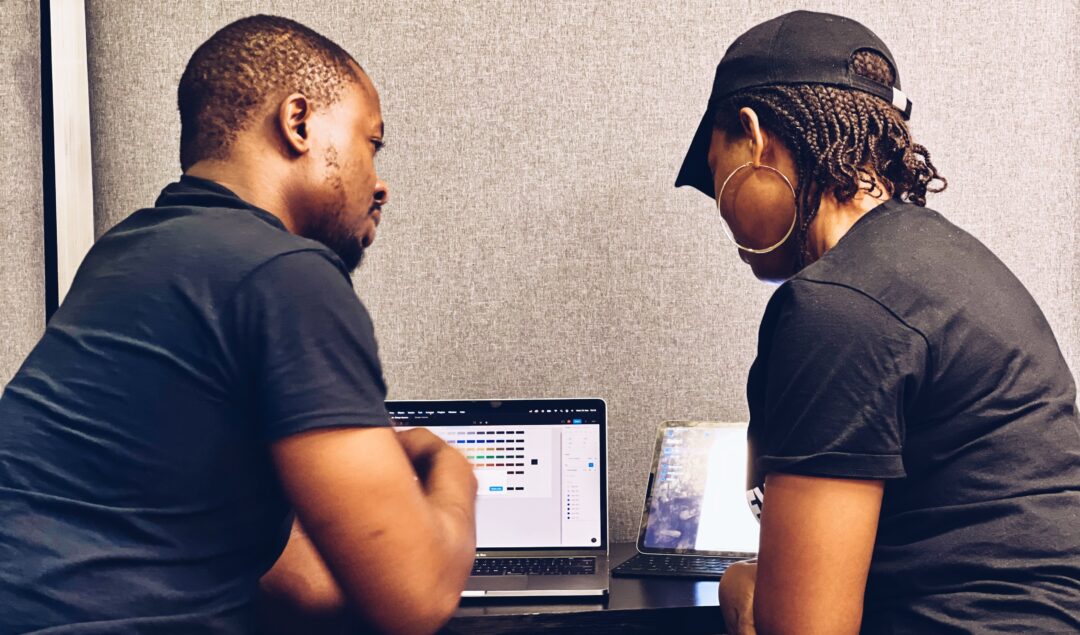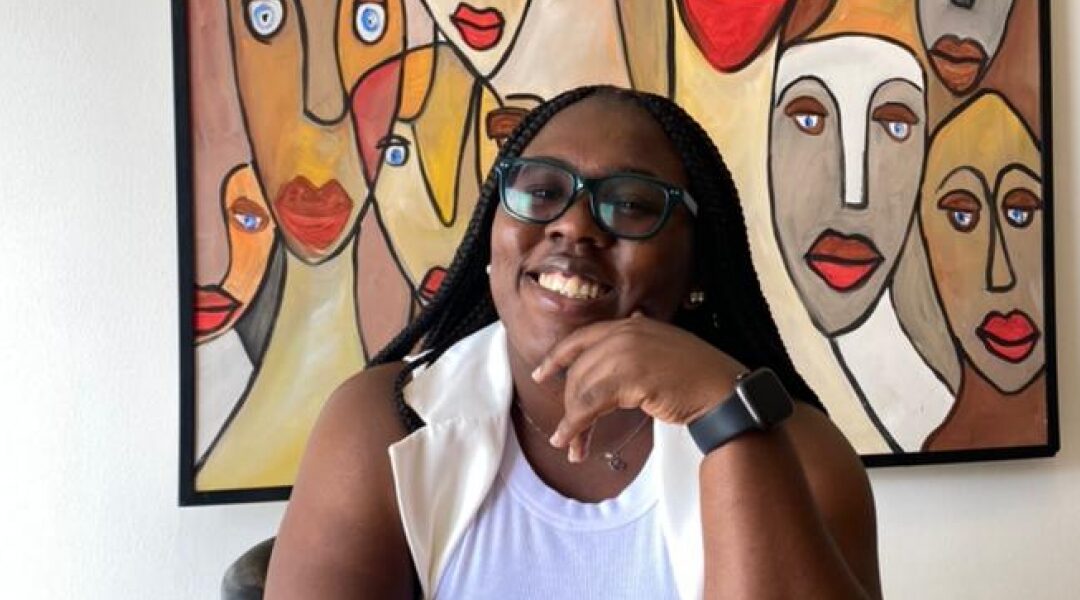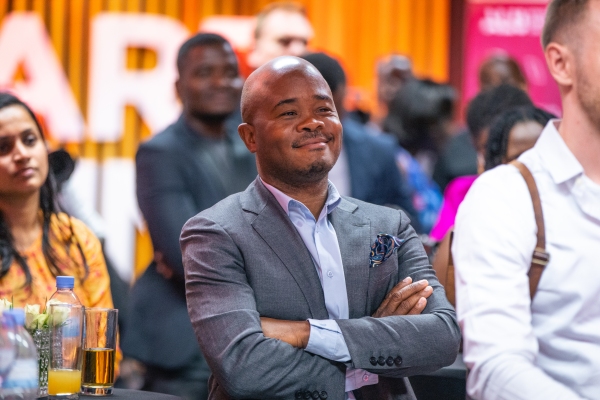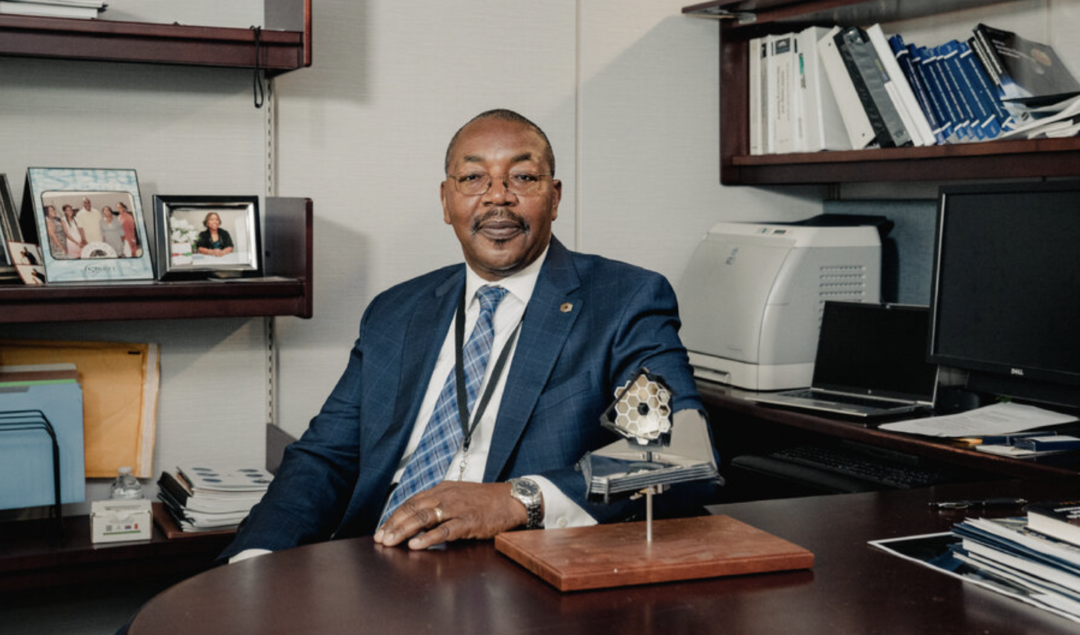Rusty and River Fields, two brothers born and raised in Brooklyn, have started the first hacker house for young Black tech entrepreneurs. The house, nicknamed “R-House,” brings tech enthusiasts together to live and work alongside each other for four weeks as they build their own Web-3.0 startups. Speaking to Bronx.news, Rusty Fields, who graduated from the University of Pennsylvania with a neuroscience degree, said: “Black builders, they face unique challenges when they go to launch companies.” “We really wanted to create the space and experience for them to build deep and authentic
Njeri Muhia teamed up with Steven Wamathai to shake up the VC industry. In a sector where VC and startup relationships are formal, the pair said that they hope to have relaxed connections with founders. After spending years in London, matching Kenyans in the diaspora with investment opportunities back home, and later on as a credit portfolio manager at Barclays bank, Muhia sought a greater challenge within Africa. Together with Wamathai, who has vast experience in the investment management industry during the middle of last year, they started an early-stage
There is an ever-growing list of schemes and networks which support diverse and underrepresented founders in Europe’s tech ecosystem. From Czechitas, a non-profit aiming to increase diversity in the tech sector through education and workshop initiatives, to Diverse and Equal — UK, a two-day conference on diversity and inclusion held in Manchester – there’s an increase in communities working on upskilling those from diverse backgrounds, empowering migrants and refugees, and engaging young people in tech. Here’s a list of other initiatives Diversidays — France This organization promotes social, cultural, and
Ingressive Capital, a $10 million venture capital fund launched by Maya Horgan Famodu with its headquarters in Nigeria, celebrated a five-year-mark last week. Horgan Famodu launched Ingressive when she was just 25. Today, at the age of 31, her fund is focused on leveling the playing field for female entrepreneurs: about 40% of its portfolio companies are founded or co-founded by women. In 2020, Ingressive doubled its fund to $10 million, with backers that include Nigeria’s sovereign wealth fund, Michael Seibel of Y Combinator, Techstars, and others. The fund that invests
“Try not to use the word minority, say underprivileged or underserved; otherwise, if you say minority, investors will make certain assumptions.” “What assumptions?” “Oh, you know…” That was an interaction between a first-time Black founder and a white venture capital (VC) investor who was supposed to be advising her. Speaking to POCIT, she said she felt several investors she had spoken to had an unconscious bias towards her as a founder and the audience she was targeting. While she understood POC markets were ‘small’ in her native country – on
A new study has found racial and gender bias in the job performance feedback given to business employees. Textio, an augmented writing platform, surveyed over 25,000 business employees and also analyzed actual performance feedback documents, and noted consistent patterns of inequity by gender, race, and age. Latinx and Black employees were more likely to receive job performance feedback that was negatively biased and not actionable. What did they find? According to the findings, Asian people get more feedback than people of any other race—25% more than white people—and Black men
Africa’s tech ecosystem has experienced tremendous growth in recent years, with 2021 seeing a record number of investments. The year 2021 was a great one for startups globally and Africa in particular. The continent saw total venture funding exceed two and a half times what it was in 2020. This figure amounted to an impressive $4.77 billion. As far as distribution is concerned, 30 African nations raised at least $100,000 in funding across the year. The ‘Big Four’ countries, Nigeria, South Africa, Egypt, and Kenya, received 81% of the investments. Five of the eight
Some of you might have heard about Antler, an early-stage VC firm that invests in some of the most “exceptional” (their words, not mine) founders worldwide. Well, the firm founded by Mark Zuckerburg’s classmate Magnus Grimeland, has a 3-month accelerator program each year. Did Mark and Magnus work together? Not exactly. Magnus might have worked for Mark at TheFacebook, as it was then known, if he weren’t also juggling classes and athletics and caring for his infant son, according to Forbes. Antler, launched in 2017 in Singapore, is striving to combine
On 13 July, coding school Holberton announced that it had agreed to be acquired by the African Leadership Group (ALG). It comes more than a year after Holberton managed to raise $20 million in a Series B funding round led by Redpoint Ventures. Daphni, Imaginable Futures, Pearson Ventures, Reach Capital, and Trinity Ventures also participated in the round, which brings Holberton’s total funding to $33 million. The original promise of Holberton was that it provided students — which it selects through a blind admissions process — with a well-rounded software development education akin to a college education for free.
This week, the world saw the “deepest, sharpest infrared view of the universe” ever taken by the U.S. Space Agency, NASA. The milestone project was led by Gregory Robinson, a Black scientist at the agency. At NASA, Robinson, 62, is a rarity: a Black man among the agency’s top managers. Robinson was comfortable at another job working as an Associate Deputy Administrator for Programs at NASA when he was asked to take over a stalled NASA project in 2018 after billions of dollars were sunk into the program without yielding

